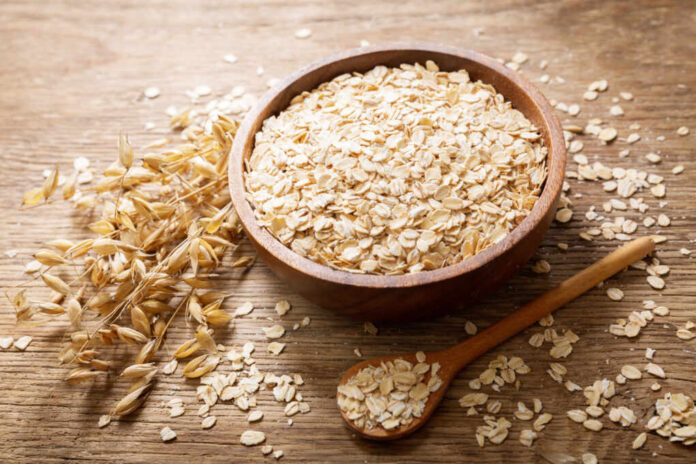
Many Americans are being exposed to a toxic pesticide and are not aware of it. A shocking new study has revealed that 80% of Americans have been exposed to the pesticide which is usually found in oat-based foods, such as Cheerios and Quaker Oats.
The study, which was conducted by the Journal of Exposure Science & Environmental Epidemiology and published on Thursday by the Environmental Working Group (EWG), reported that most Americans are being exposed to the dangerous pesticide, chlormequat, in high doses.
Chlormequat is used to help crops grow and has been linked to delayed puberty, infertility, and altered fetal growth.
The study was done by testing urine samples of 96 volunteers. Of those samples, 77 had traces of chlormequat. The startling discovery suggested that the participants had “continuous exposure” to the chemical since chlormequat exits the body 24 hours after being ingested.
Each year, the chemical levels in the samples increased. When the study began in 2017, 69% of the samples tested positive for chlormequat. Between 2018 and 2022, 74% tested positive and by 2023, it increased to 90%.
“Just as troubling, we detected the chemical in 92% of oat-based foods purchased in May 2023, including Quaker Oats and Cheerios,” EWG reported.
In the study, 25 conventional oat products were tested. Out of the 25, 23 contained “detectable levels” of chlormequat. The study concluded that one in eight organic oat products contained the pesticide and two out of nine wheat products contained low concentrations of the pesticide.
According to The Daily Mail, chlormequat is banned in the U.S. due to health concerns, but other countries that use it on their crops can import it into the U.S. The chemical is currently used on ornamental plants only.
Last April, the Biden administration proposed the use of chlormequat on grains, oats, wheat, barley, and triticale for the first time in the U.S., which EWG opposed.
“The ubiquity of this little-studied pesticide in people raises alarm bells about how it could potentially cause harm without anyone even knowing they’ve consumed it,” said Dr Alexis Temkin, a toxicologist at EWG and lead author of the study.
To limit chlormequat exposure, EWG Vice President of Science Investigations Olga Naidenko told the New York Post that she suggested consumers “buy organic oat products since these oats are grown without the use of toxic pesticides such as chlormequat and glyphosate.”
Neither General Mills nor the FDA commented on the findings.













